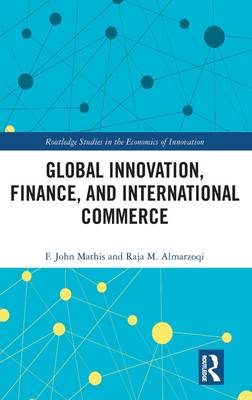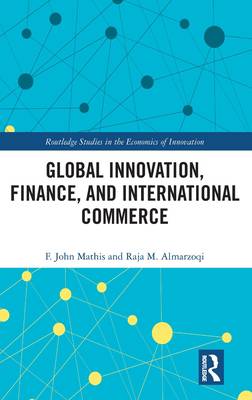
- Retrait gratuit dans votre magasin Club
- 7.000.000 titres dans notre catalogue
- Payer en toute sécurité
- Toujours un magasin près de chez vous
- Retrait gratuit dans votre magasin Club
- 7.000.0000 titres dans notre catalogue
- Payer en toute sécurité
- Toujours un magasin près de chez vous
Description
This book analyses the historical context and progression of "significant innovations" beginning with the industrial revolution, starting around 1750 to the present. It explores the interrelationship, causes, and evolutionary process of contemporary "disruptive" inventions and the role played by global finance and international commerce to support these.
First, the authors examine the environment and circumstances surrounding the inventors and explore their backgrounds to determine, why at a specific time, they identified a need that became the seed for invention and, what was their method of successfully commercializing their innovation. Secondly, they focus on the financing of the inventor, the innovation, and the commercialization of the invention(s). They analyze the changes in finance during the shift from a labor-based production process to a more capital-intensive production process, and what new financial products or financial markets were created to facilitate this transition. Third, they explore the impact of global commerce on the inventor country's innovation environment and international competition impacting the innovation's production, distribution, and sales, as well as, investigating any financial impact from the demand side and whether that impact was domestic or global in character. Furthermore, they consider if and how global finance and international commerce including the migration of people, together play a role in helping the disruptive invention satisfy a need in society, whether from a production or consumption perspective. Finally, they search for common elements that repeatedly inspired inventors and their disruptive innovations over time.
This book will appeal to global government officials, business leadership, early career professionals, and students across a number of disciplines including finance, economics, business, engineering, and technology.
Spécifications
Parties prenantes
- Auteur(s) :
- Editeur:
Contenu
- Nombre de pages :
- 258
- Langue:
- Anglais
- Collection :
Caractéristiques
- EAN:
- 9780367456696
- Date de parution :
- 12-12-22
- Format:
- Livre relié
- Format numérique:
- Genaaid
- Dimensions :
- 156 mm x 234 mm
- Poids :
- 553 g

Les avis
Nous publions uniquement les avis qui respectent les conditions requises. Consultez nos conditions pour les avis.






